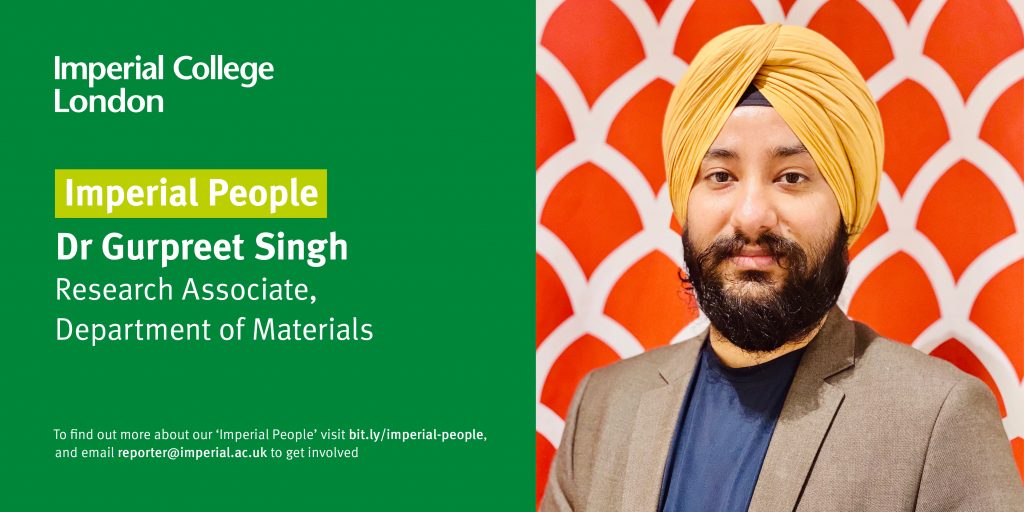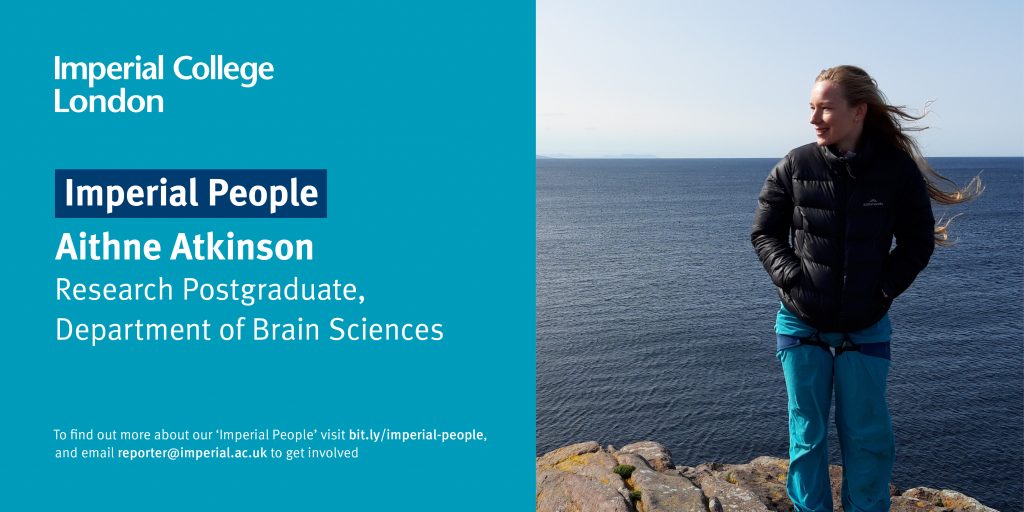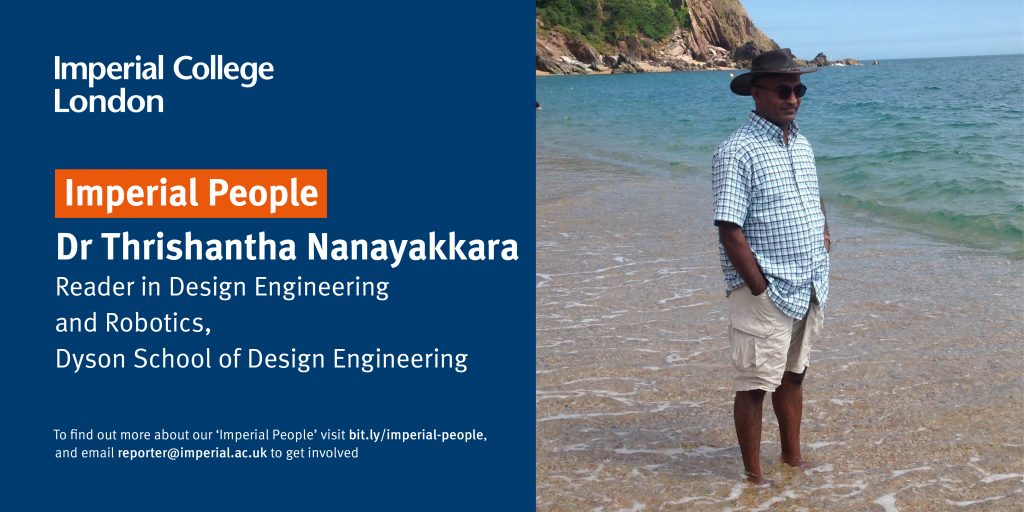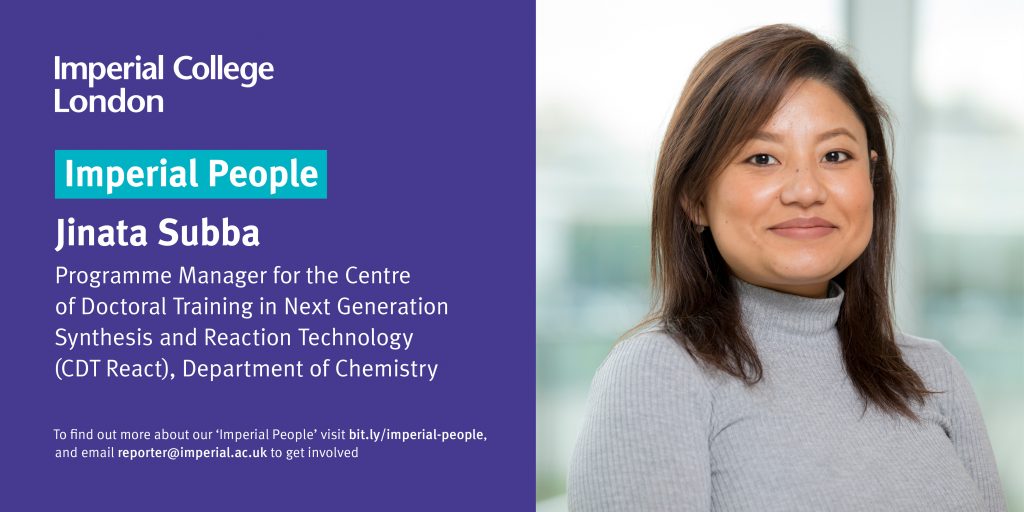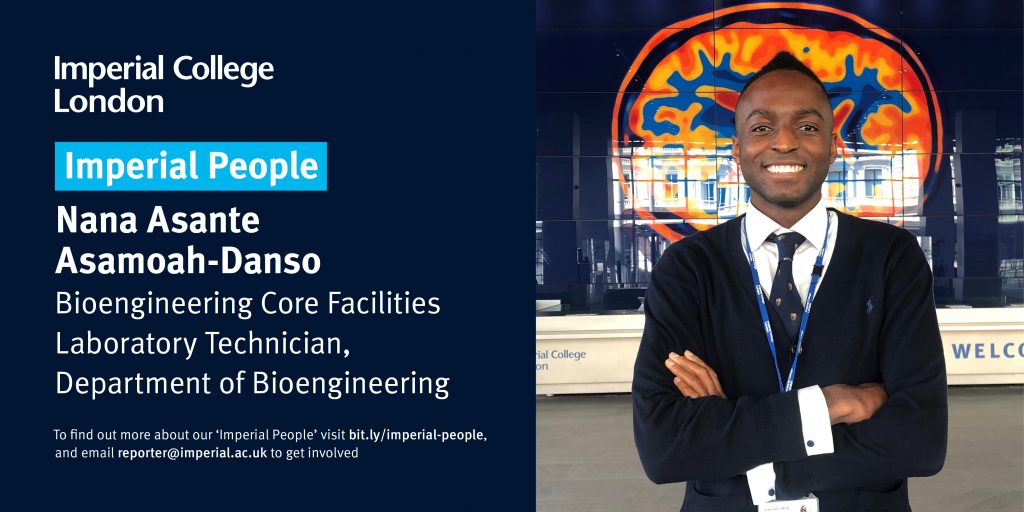“During lockdown I volunteered for Sikh charities providing supplies and meals to care homes and homeless shelters.”
Joining Imperial was a dream come true for me as I had previously applied for over 50 courses and jobs here. My inspiration was Imperial’s (supposedly) first Sikh scientist, Professor Narinder Singh Kapany, who is known as “the father of fibre optics”. I believe that I might be the second proud Sikh scientist with a PhD in natural sciences to work at the College. I previously worked in industry for a successful startup company that tested ammonia toxicity in blood.
My current project on nuclear waste treatment is part of a national consortium on nuclear decommissioning. I am investigating the capabilities of phosphate-coated magnetic nanoparticles to adsorb radioactive uranium from nuclear waste using tiny magnetic particles. This is an exciting project that is vital to the UK government’s 2030 and 2050 goals to decommission nuclear power plants and tackle climate change.
